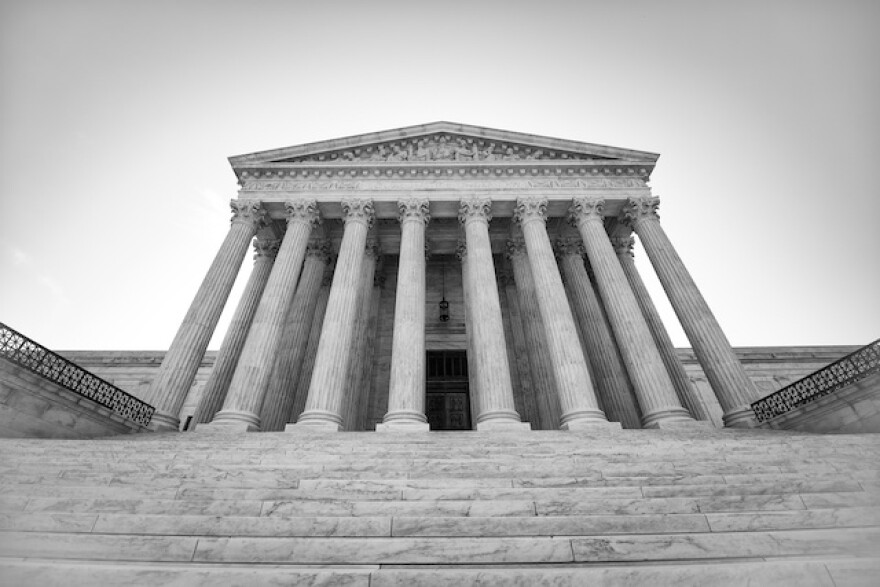The U.S. Supreme Court has ruled against rogue 2016 Electoral College voters in Colorado. The unanimous decision upholds a Colorado law binding electors to cast their ballots for the presidential candidate who wins the popular vote.
Paul Smith is vice president for litigation and strategy with the Campaign Legal Center, which filed a brief supporting Colorado's law. He said electors could be influenced in other ways if states weren't allowed to rein them in.
"There's no conflict-of-interest rules. There's no disclosure rules. They could be getting paid by the Russians. None of that would be illegal," Smith said. "And so that was just one of the arguments that was made to the Court about how we really ought to keep the electors as mere placeholders, figureheads who just vote the way the state voted."
Colorado elector Micheal Baca was removed in 2016 for refusing to vote for the state's popular-vote winner, Hillary Clinton. He said he's disappointed with the decision but hopes states will re-evaluate the purpose of the Electoral College.
Wilfred Codrington, a fellow at the Brennan Center for Justice, said he believes the Electoral College is undemocratic. In the past two decades, for instance, two presidents have won the Electoral College vote but not the popular vote.
But, Codrington said, the justices didn't touch that issue, instead making a narrow decision about faithless electors.
"It patches up what was a crack in the Electoral College," Codrington said. "There's many arguments about the problems with the Electoral College, and this is one of them."
He said the justices understood that the November election likely is going to be contentious, especially with a pandemic raging.
"What we don't need is another curveball in our elections, and particularly this election," he said. "So they were trying to decrease the possibility of chaos in an already chaotic system."
Thirty-two states have laws on faithless electors, requiring delegates to the Electoral College to vote with the majority in their state.
Support for this reporting was provided by the Carnegie Corporation of New York.





